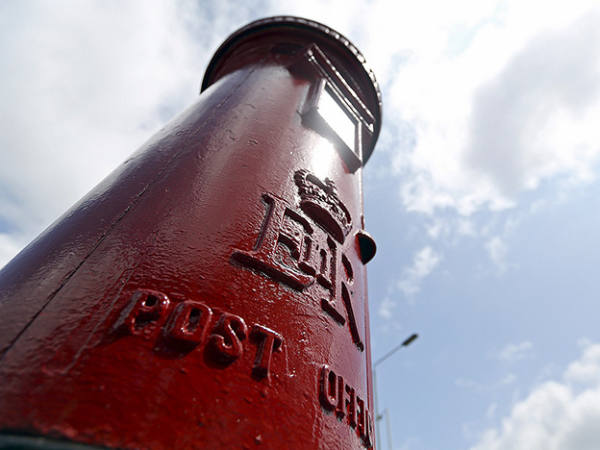Economists at the University of St Gallen studied over 75,000 share trades by almost 10,000 clients of a Swiss bank; some of these trades followed the advice of a bank advisor and some were independent. They found that the advised trades underperformed the independent ones by 2 per cent per year. "Investors would be better off not following advice," they conclude.
This is not an isolated finding. It corroborates other evidence from around the world. Dutch research has found that buyers of deferred annuities get a worse deal if they take advice than if they don't. German economists have found that "advised accounts offer lower returns than those run by similar investors without advisor input"; this is true whether the advice comes from a bank or from an independent advisor. In the US, a study of members of the University of Oregon pension plan found that those who took advice earned lower risk-adjusted returns than those who didn't. And another US study has found that investors who buy funds through advisors do worse than those who buy direct.
Although there are no comparable academic studies in the UK, there is widespread dissatisfaction with the service we get from investment providers. Figures from the Financial Conduct Authority show that 21,648 complaints about investments were upheld in the first half of last year - a rise of 27 per cent in the past four years. And many of you reading this I suspect are doing so because a bad experience with often-expensive advice has caused you to take direct control of your finances.
There is, though, a puzzle here. We have a big theory which predicts that advice will be useless: this is the implication of the efficient market hypothesis. But how can it be worse than useless?
One reason is a simple conflict of interest; before the Retail Distribution Review came into effect advisors often generated commission by encouraging their clients to buy expensive funds; Ulrike Malmendier at the University of California Berkeley points out that retail investors often fail to see these biases. However, even neutral advisors can give poor advice if their overconfidence leads them to see good investments where none in fact exist.
Despite all this, financial advice does have a use. It can help minimise tax (legally of course): advisors don't know the future, but they should know the current state of tax law.
And a paper in the latest issue of the Journal of Finance by Robert Vishny of the University of Chicago, Nicola Gennaioli of Bocconi University and Harvard's Andrei Schleifer points out another use of advisors. They give peace of mind to naïve investors who would otherwise not have the confidence to invest in equities at all. To the extent that they embolden some investors to put their money into higher-returning assets than bank deposits, financial advisors and fund managers do provide a valuable service, even if the precise investments they recommend do slightly underperform the market.
A multi-billion pound industry cannot be entirely useless, can it?










